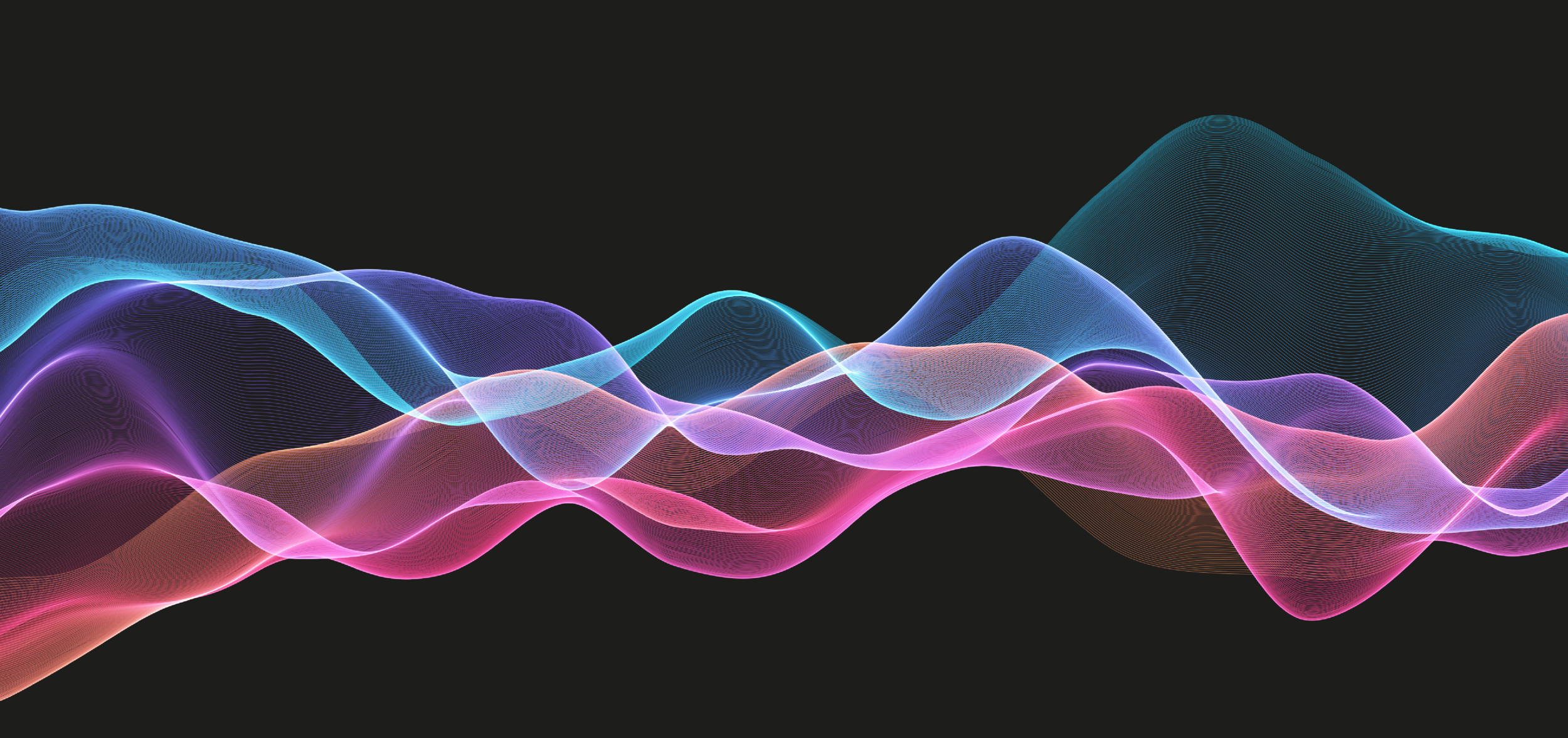
David Ward
“Ward’s music is direct clear and expressive; players and, I should guess, particularly singers must find his work grateful to perform…”
CLASSICAL MUSIC
David Ward’s music has been commissioned by, amongst others, the BBC, London Festival Orchestra, Edinburgh Quartet, Bingham String Quartet, Saltire Quartet, Shetland Arts Trust, Woodend Music Society, Woodend Arts, Ross Pople, Michael Beeston, Shinobu Miki, Nigel Boddice and Richard Stilgoe, with funds from the Arts Council of GB, the Scottish Arts Council, Creative Scotland, the Esme Fairbairn Foundation and the National Lottery as well as sponsors, subscribers and trust funds. David has also received direct grants from the Arts Council of Great Britain, the Scottish Arts Council and Enterprise North East as well as from the Hope-Scott Trust, John Younger Trust and other trusts and foundations.
In 2007 David received a commission from the Institute of Evolutionary Studies to write a piece for 23 solo strings (the same line-up as Strauss’s Metamorphosen) in celebration of Darwinian evolution. Evolutionary Metamorphoses was commissioned to celebrate the Theory of Evolution and to commemorate the 200th anniversary of the birth in 1809 of Charles Darwin.
In 2010 David was commissioned to write a piece which has the title e-mails from Palestine (1) and had its first performance at Woodend Barn, Banchory, Scotland on Friday 12th November 2010 as part of sound, North East Scotland’s festival of new music. A studio recording of the piece is planned, to be followed by further performances. e-mails from Palestine (1) was commissioned by Woodend Arts Association with support from Creative Scotland.
READ MORE
In August 2012 David finished writing a new opera, this time based on the Cupid and Psyche myth, with a libretto written for him in 1985 by Kevin Ireland. Cupid and Psyche is a large chamber opera lasting 90 minutes for 6 singers and 23 instrumentalists.
David’s Duo for Violin and Cello had its first performance on 2nd April 2013 at the Tin Hut, Huntly as part of a concert celebrating the 100th aniversary of the birth of Huntly based composer and teacher Ronald Center (1913-1973). This Duo for Violin and Cello is an adaptation and reworking of music originally written for the clarinet and violin duet of Shinobu Miki and Hector Scott as two separate pieces, Little Duet (2001) and More for H & S (2004). After hearing Little Duet, Michael Tumelty wrote in the Glasgow Herald: “Ward’s spacious and emotional piece was like a glimpse into a private world of exchanged intimacies.”
The group FourSight has recorded David’s short piece Dreaming of a Distant Love, which he describes as a miniature paraphrase of music from his opera Cupid and Psyche. This is to be released as part of a compilation of two minute pieces by various composers specially written for the group.
“String Quartet No 6 succeeded in negotiating a finely drawn line between the grittiness of modern musical language and a softer more nostalgic style, slipping easily into splendidly fanciful melodic reverie at the heart of the piece and then as easily back into ever faster passages driven by intoxicating dance-like rhythms.”
The Herald
“Ward’s music is direct clear and expressive; players and, I should guess, particularly singers must find his work grateful to perform … Ward’s compositions display, at their best, the stamp of the authentic, the ‘necessary’.”
Classical Music

